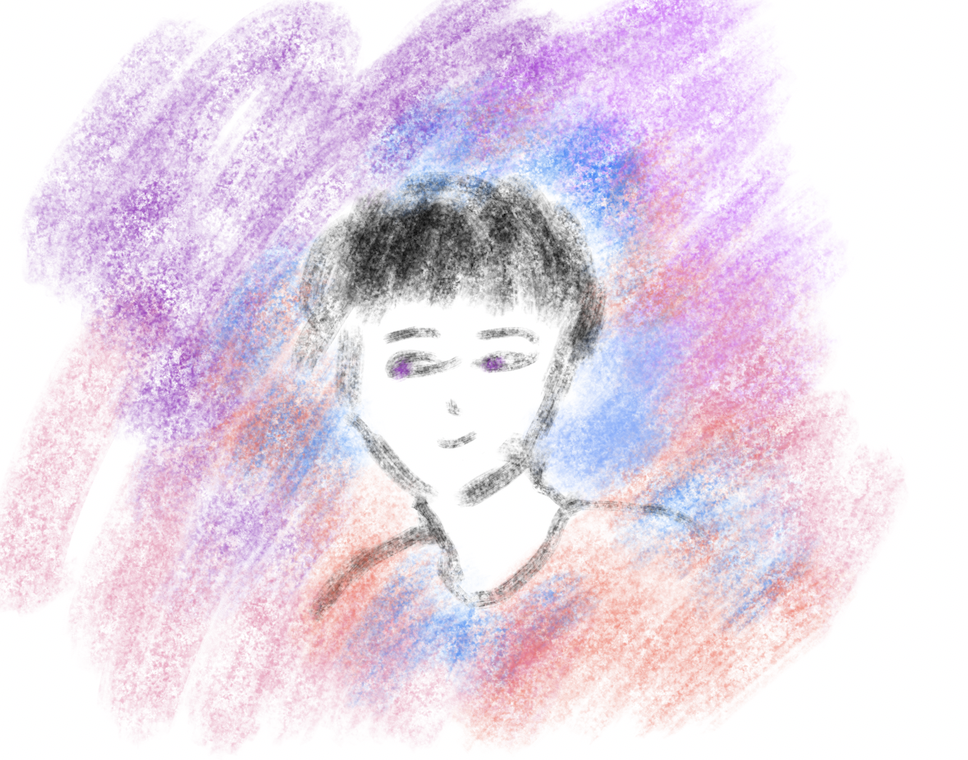This is something that I decided to try out. Everyday I am bothered by having to attend some courses that teach me nothing new when I leave the class. So I decided to do a summary everyday to reflect on what I learned during the day that’s actually new and worthy to learn. And they are the moments when I laugh a bit with epiphany.
1) There are a bunch of properties that are hereditory along the lines of graphs and their minors. And for some hereditory properties there are a bunch of simple forbidden minors. Some smart people namely Neil Robertson and Paul D. Seymour proved that we can know whether complex graphs have certain hereditory properties by testing whether they have these properties’ fobidden minors. If they don’t, guess what, they have those properties, and it’s also true the other way around.
2) Arguments are structures, composed with premises and conclusions. Premises are propositions in favor of that conclusion. There can be some variations of the concretness of that logical structure: P guarantess the truthness of C, or P makes C closer to truth; P implies C; or P just makes C more convincing.
3) An entity have multiple properties and they are not equally weighted. The dominant one might give name to the entity like how drunkard gets the name from their drunkness. These properties are predicated of the entities and thus predication is that act of judgement. As opposed to properties that are universal, tropes are the “properties” that are particular. Also, predicate is also the linguistic term for the chunk except the subject, which makes sense since that chunk is right now assigning a property to an entity!
4) Those most heavily weighted properties are one way of determining the nature of the entity to which they are clinging, in other words, without those properties, the entity is not that thing anymore! Another way of deciding the nature of that entity is its cause. I’m kinda surprised that the materialistically smallest component is generally not considered the entity’s nature at all.
5) Oh right. Apart from the property thingies, an entities can also have accidents, which don’t really hold sway over the entity in question.
6) And what is nature? It’s how things go without intervention, whether that’s human, divine, doesn’t matter. And natural science is the study of how they go. It does’t really care about what exactly is nature though. It just takes a grand concept and study the laws that govern that big, big picture.
7) And Aristotle said something quite fun. He says there is no truth unless a property is predicated of something.
